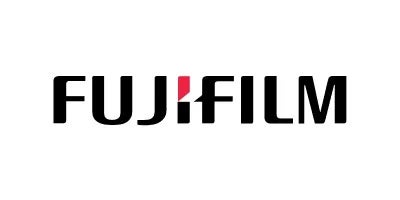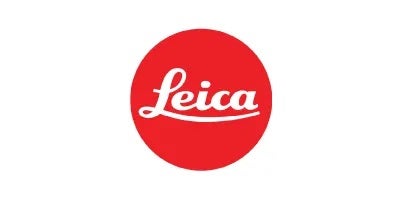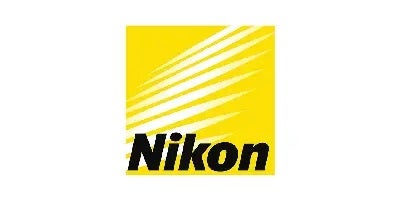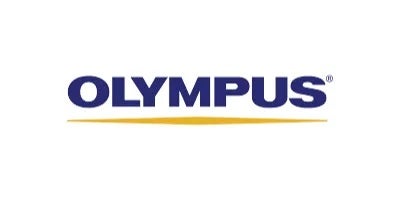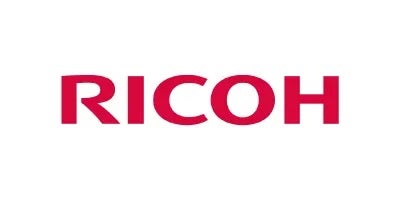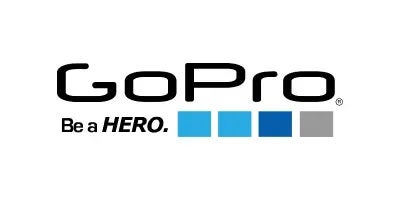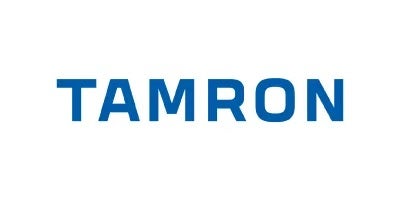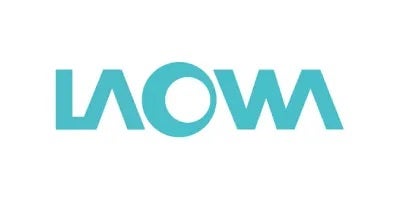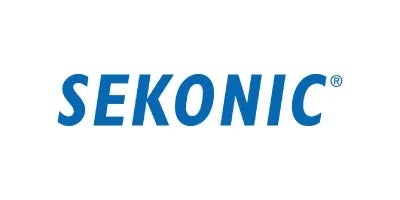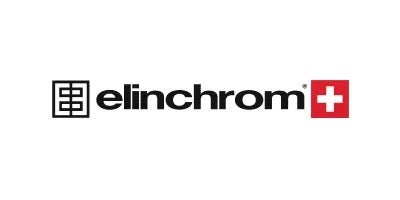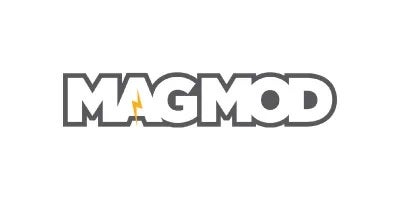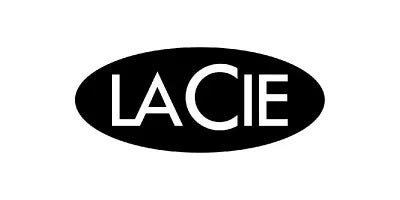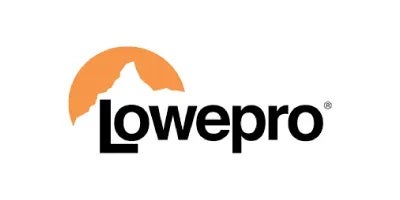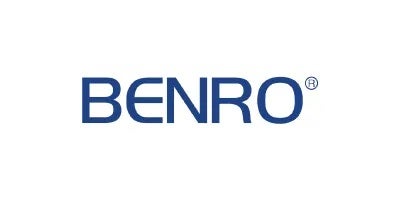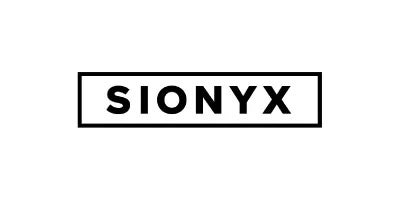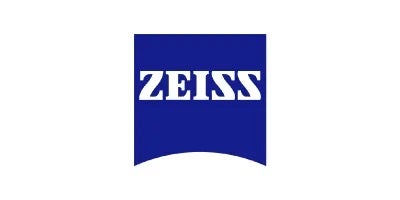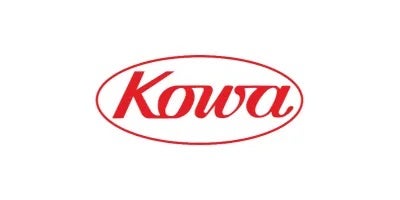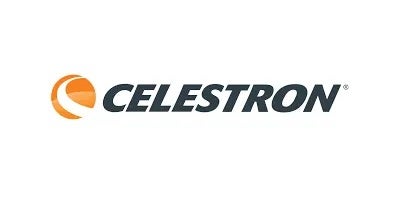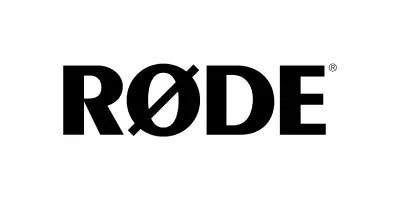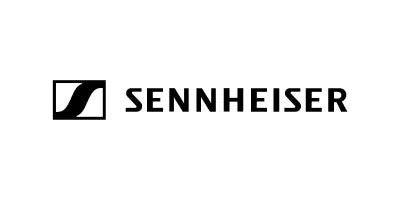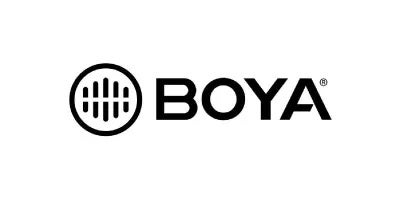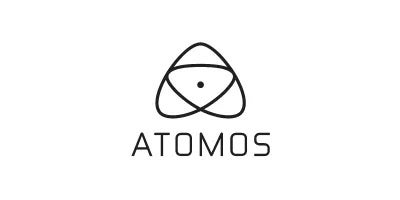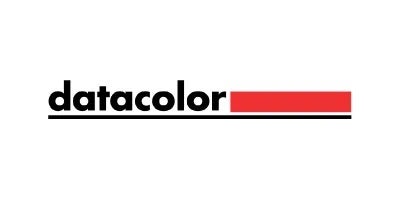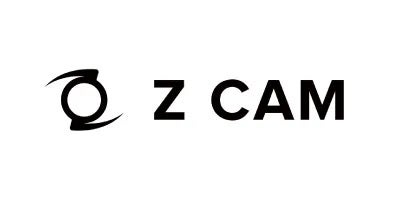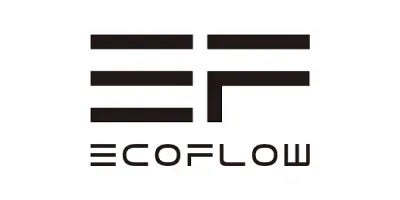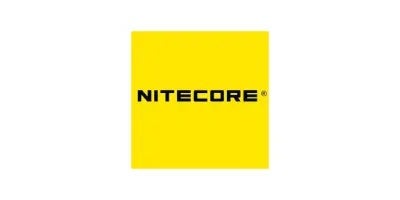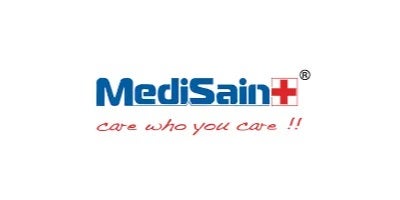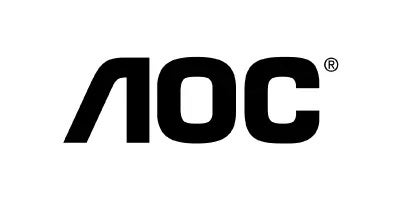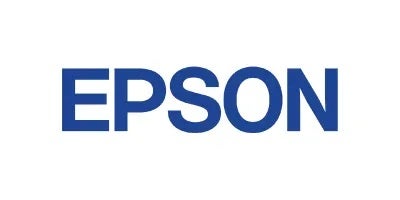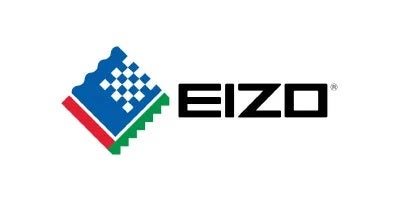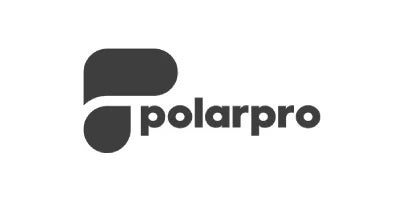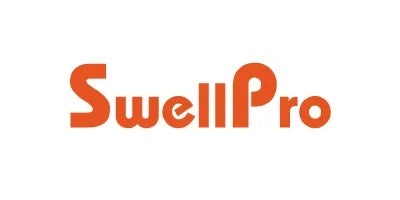FOR SIMPLIFIED B&W PROCESSING AT ANY ROOM TEMPERATURE. 68-82°F (20-28°C)
Processes: 16+ rolls of B&W film with just one chemical.
The worries of too much development, dilution, time or agitation are gone. Stop bath? Fixer? Hardener? Gone the way of One-Hour-Photos and formaldehyde. Meet the labtender’s best friend, served neat. It may be clear and odorless but please do not drink it.
The single-step solution is now available in powder concentrate or ready-to-use liquid. Processing all of your B&W film at home is easier than ever with this magical and versatile Single-Step BW “Developer-Fix” monobath solution, akin to D96 motion picture developer but with no need for stop bath, fixer, or any other chemicals, is perfect for processing CineStill BwXX along with any other black & white film. No special charts, timers or apps needed! Just a processing tank and water. Foolproof self-completing process that guarantees motion picture quality, the smoothest grain structure and crisp tonal curve. Flexible processing in 3-6 minutes at any room temperature (70-80F). Just wash with water and hang to dry. No more complicated measurements or strict margins to deal with. Process all your black and white films in one chemical with absolutely wonderful results!
Processing all of your B&W film at home is easier than ever with this 1 simple ready-to-use solution. This magical and versatile Single-Step BW “Developer-Fix” monobath solution, akin to D96 motion picture developer but with no need for stop bath, fixer, or any other chemicals, is perfect for processing CineStill BwXX along with any other black & white film. No special charts, timers or apps needed! Just a processing tank and rinse water. Foolproof self-completing process that guarantees high-resolution, fine grain, a long density scale, and uniform development latitude.
FEATURES:
- Ready-to-use processing for traditional B&W film in 1 bath
- Room temperature processing methods for 70°F, 75°F, or 80°F (21°C, 24°C, or 27°C)
- Temp tolerance is +/-2°F (1°C)
- Worlds fastest process at 80°F (27°C) in just 3min!
- Push/Pull processing by adjusting temp. +/- 10°F (6°C)
- Reusable, all-in-one solution.
- Processes over 16+ rolls of film
- Process 1-8 rolls at a time
- Extremely versatile self-completing process
- No special processor needed (use standard processing tanks and reels)
- Fully archival (following the processing instructions below)
- Odor-free (unlike home concoctions or old formulations)
- Economical!
Processes your B&W film with motion picture quality, the smoothest grain structure and crisp tonal curve celebrated from Eastman Kodak’s D96 developer.
PROCESS ALL B&W FILM:
Df96 monobath easily processes any standard black and white film at its native ISO. It is designed with traditional cubic-grain emulsions in mind, like BwXX, TriX and HP5, with high silver content. It also works well with tabular grain films with color dye technology, like Tmax, but may come out of the bath with pink/purple dyes in the emulsion, and require double the processing time to clear. High speed films like P3200 and Delta3200 can be processed at their native ISOs between 1000-1600 by the instructions on the label, or pushed to 3200 by adding 10°F (6°C). All films can be pushed or pulled by adjusting temp. +/-10°F (6°C).
PROCESSING METHODS FOR DF96:
Development is increased more than fixing by temperature. Fixing and completion is accelerated by agitation, while decreasing development. Processing over 82°F (28°C) will result in pushed negatives with higher contrast and more pronounced grain. Below 68°F (20°C) renders pulled contrast negatives
*Temp tolerance is +/-2°F (1°C) and times are minimum. Feel free to extend processing time to ensure full fixing of film or removal of color dyes. Time does not affect development.
Native ISO development:
80°F (27°C) for at least 3 min • Constant agitation
75°F (24°C) for at least 4 min. • Intermittent agitation
70°F (21°C) for at least 6 min. • Minimal agitation
Push +1 development:
80°F (27°C) for at least 6 min. • Minimal agitation
85°F (30°C) for at least 4 min • Intermittent agitation
90°F (32°C) for at least 3 min • Constant agitation
Pull -1 development:
70°F (21°C) for at least 4 min • Constant agitation
65°F (18°C) for at least 6 min • Intermittent agitation
3200 speed BW films:
Above 90°F (32°C) for at least 4 min • Intermittent agitation
AGITATION METHODS:
Agitation helps create evenly developed exposures, and prevents over-processed, under-fixed negatives.
Constant agitation:
Fluid inversions and/or rotations, while changing direction.
Intermittent agitation:
30 sec constant agitation, then 10 sec every min.
Minimal agitation:
10 sec gentile agitation, then 5 sec every min.
*Bromide drag lines can occur if left to stand for any more than 1 min.
FULLY ARCHIVAL PROCESSING:
For any processed film to be fully archival only two things need to occur. Full removal (fixing) of undeveloped silver halide, and removal (washing) of processing chemicals from the film.
Archival fixing occurs in 3-6 minutes with fresh Df96. Feel free to extend processing times to ensure full clearing of film, as it will not affect development. Df96 uses one of the the most effective archival fixing agents and should produce fully archival negatives when processing instructions are followed.
Archival washing occurs at room temperature under running water for 5 min, or fill and empty tank at least 10 times. Washing time after Df96 processing is exceedingly rapid because the solution is alkaline. No more than five minutes is needed for a wash to archival standards. A longer final rinse and rinse aid will help ensure archival negatives.
For minimal water usage:
• After negatives are fully fixed, fill the tank with water at the same temperature +/-10°F (6°C) as the processing solutions. Invert the tank 5 times.
• Drain the water away and refill. Invert the tank 10 times.
• Once more, drain the water. Invert the tank twenty times and drain the water away.
• Then rinse one final time, optionally with a few drops of Wetting Agent added to the rinse water, distilled water helps prevent hard water spots.
CHEMICAL REUSE:
Can process 16+ rolls of film. Simply recombine used chemistry and add +15sec. for each roll previously processed until you reach 8 min. If a film does not appear fully cleared, process for longer in Df96. It will not affect development.
Chemistry lifespan:
Expected shelf life is 1 year from purchase, and once opened should be used within 2 months. Film will still finish processing as chemicals age but will eventually produce thin negatives when developer is exhausted.
Exhaustion indication:
As chemicals exhaust they will start to yellow and turn dark amber when perished. Oxygen and contaminants cause developing agents to perish. Depending on silver and dye content of film types, you should be able to continue reusing until you reach an unacceptable processing time.
Simple quality control:
Before reusing opened chemicals it is a best practice to do a daylight snip test. Cut off light struck film from a 35mm leader tongue and process in a cup with a small amount of Df96. The test should come out opaque black to guarantee quality. You can save the snippet to compare to future tests. If the test comes out thin, you can increase temperature and retest, or retire chemistry if transparent.
EXCEPTIONS TO THE RULES:
A couple craft films and surveillance films, which require longer times in standard developers to achieve box speed, will yield a lower native ISO. For example, Rollei Retro 80s, with it’s impressively fine grain and low contrast, is best rated at ISO 25, and JCH Street Pan really shines at ISO 200.
Adox CMS 20 II can produce the sharpest, highest resolving, most fine grained images in the world, but it "...achieves 20 ASA of usable speed in ADOTECH developer... If developed in non dedicated low contrast developers (HC 110, cafenol, etc) it can be exposed at 3 to 6 ASA." - from adox.de
Bergger Pancro 400 requires double the processing time in order to break down the intense annihilation layer, and even calls for an additional steps to standard-multi bath processing. "...the film must be presaoked in water for 5 minutes, at one degree warmer than developer." "BERGGER PANCRO 400 needs a longer the usual fixing time. In rapid, non hardenning fixer...for 6 minutes." "A rinse in a sulphite bath (10 %) will allow to eliminate the chemicals complexes...and also allow the full dissolution of the anti-halation layer." - from bergger.com
FILM RATING CHART FOR DF96:
(Box speeds in bold)
|
FILM TYPE
|
PULL 65-70°F
(18-21°C) +1MIN
|
NORMAL 70-80°F
(21-27°C)
|
PUSH 80-90°F
(27-32°C)
|
|
CineStill BwXX
|
ISO 100-125
|
ISO 200-400
|
ISO 500-800
|
|
Kodak Tri-X
|
ISO 200
|
ISO 400
|
ISO 800
|
|
Kodak Tmax 100*
|
ISO 25-50 (2x min)
|
ISO 80-100 (2x min)
|
ISO 125-200 (2x min)
|
|
Kodak Tmax 400*
|
ISO 200 (2x min)
|
ISO 400 (2x min)
|
ISO 800 (2x min)
|
|
Kodak Tmax P3200**
|
ISO 1000 (2x min)
|
ISO 1600 (2x min)
|
ISO 3200 (2x min)
|
|
Kodak Plus-X
|
ISO 50-60
|
ISO 100-125
|
ISO 200-250
|
|
Ilford FP4 Plus
|
ISO 60
|
ISO 125
|
ISO 250
|
|
Ilford HP5 Plus
|
ISO 200
|
ISO 400
|
ISO 800
|
|
Ilford Delta 100*
|
ISO 50 (2x min)
|
ISO 100 (2x min)
|
ISO 200 (2x min)
|
|
Ilford Delta 400*
|
ISO 200 (2x min)
|
ISO 400 (2x min)
|
ISO 400 (2x min)
|
|
Ilford Delta 3200**
|
ISO 500 (2x min)
|
ISO 1000-1600 (2x min)
|
ISO 2000-3200 (2x min)
|
|
Ilford Pan F Plus
|
ISO 25
|
ISO 50
|
ISO 100
|
|
JCH Street Pan
|
ISO 100
|
ISO 200
|
ISO 400
|
|
Adox Silvermax
|
ISO 25-50
|
ISO 80-100
|
ISO 125-200
|
|
Adox CHS 100 II
|
ISO 25-50
|
ISO 50-100
|
ISO 125-200
|
|
Kentmere 100
|
ISO 25-50
|
ISO 80-100
|
ISO 160
|
|
Kentmere 400
|
ISO 160-200
|
ISO 250-400
|
ISO 500-800
|
|
Rollei RPX 25
|
ISO 12
|
ISO 25
|
ISO 50
|
|
Rollei RPX 100
|
ISO 50
|
ISO 100
|
ISO 200
|
|
Rollei RPX 400
|
ISO 200
|
ISO 400
|
ISO 800
|
|
Rollei Retro 80S
|
ISO 12
|
ISO 25-50
|
ISO 80-100
|
|
Rollei Retro 400S
|
ISO 100
|
ISO 200
|
ISO 400
|
|
Foma RETROPAN 320
|
ISO 80-125
|
ISO 200-320
|
ISO 400-500
|
|
Foma Fomapan 100
|
ISO 50
|
ISO 100
|
ISO 200
|
|
Foma Fomapan 200
|
ISO 100
|
ISO 200
|
ISO 400
|
|
Foma Fomapan 400
|
ISO 200
|
ISO 400
|
ISO 800
|
|
Bergger Pancro***
|
ISO 125-200 (3x min)
|
ISO 320-400 (3x min)
|
ISO 500-800 (3x min)
|
|
Arista EDU Ultra 400
|
ISO 200
|
ISO 400
|
ISO 800
|
|
Arista EDU Ultra 200
|
ISO 100
|
ISO 200
|
ISO 400
|
|
Arista EDU Ultra 100
|
ISO 50
|
ISO 100
|
ISO 200
|
*Tabular grain films with color dye technology, like Tmax or Delta, may come out of the bath with pink/purple dyes in the emulsion, and require double the processing time on the label to clear.
**High speed films like P3200 and Delta3200 can be processed at their native ISO between 1000-1600 by the instructions on the label. These are designed to be pushed to 3200 by adding 10°F (6°C). All films can be pushed or pulled by adjusting temp. +/-10°F (6°C) per stop.
***Bergger Pancro requires at least double the processing time and the manufacturer calls for additional steps to the traditional developer-stop-fix process.


